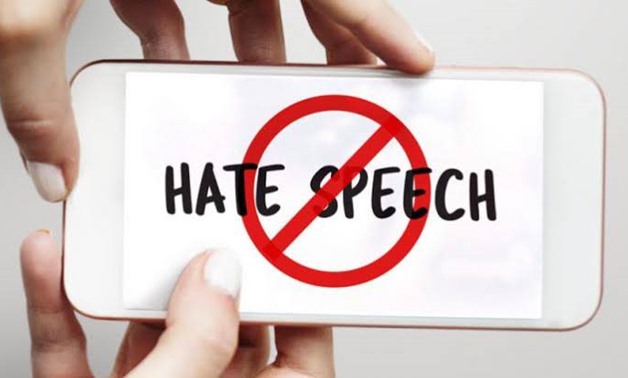- Online media has been instrumental in expanding freedom of speech and breaking down barriers to disseminating ideas.
In the information age, online media has revolutionized how we communicate and exercise our freedom of speech.
While it has empowered individuals to express themselves globally, it has also given rise to a concerning issue: the proliferation of online hate speech.
As we delve into the complexities of the digital landscape, it is essential to reflect on how online media has shaped the discourse on freedom of speech and grappled with the shadows of hate.
Online media platforms, ranging from social networks to blogs and forums, have become the modern-day public square, allowing diverse voices to be heard.
This democratization of information has allowed individuals to express their opinions, challenge mainstream narratives, and engage in dialogue across borders.
Read More
In this way, online media has been instrumental in expanding freedom of speech and breaking down barriers to disseminating ideas.
However, along with this newfound freedom comes challenges, and one of the most prominent is the rampant spread of online hate speech.
While these platforms amplify the voices of marginalized communities, they also provide a breeding ground for bigotry, discrimination, and intolerance.
The digital realm's anonymity often encourages individuals to express hateful views they may not voice in face-to-face interactions. This toxic online environment can silence, intimidate, and marginalize targeted groups.
The impact of online hate speech extends beyond mere words on a screen; it has real-world consequences. Hate speech can contribute to the radicalization of individuals, incite violence, and perpetuate discrimination.
Balancing the preservation of free speech with the need to curb the spread of hate has become one of the defining challenges of our digital era.
Social media platforms are at the forefront of the struggle to address online hate speech.
The responsibility to moderate content and prevent its dissemination has led outlets to grapple with questions of censorship, algorithmic bias, and the limits of their role in shaping public discourse.
Striking a balance between fostering an open exchange of ideas and preventing the harmful effects of hate speech requires ongoing scrutiny, transparency, and community engagement.
As online media users, we have a unique position in this landscape. While we celebrate the freedom to express our thoughts and connect globally, we must also acknowledge that our digital spaces can become echo chambers of hatred and divisiveness.
As active participants in the online sphere, it is incumbent upon us to promote and demand responsible digital citizenship. We must stand against hate speech and hold platforms accountable for fostering environments that encourage dialogue rather than discord.




-1772102940-md.jpg)


-1772090413-1772095461-md.jpg)


-1772102940-sm.jpg)

